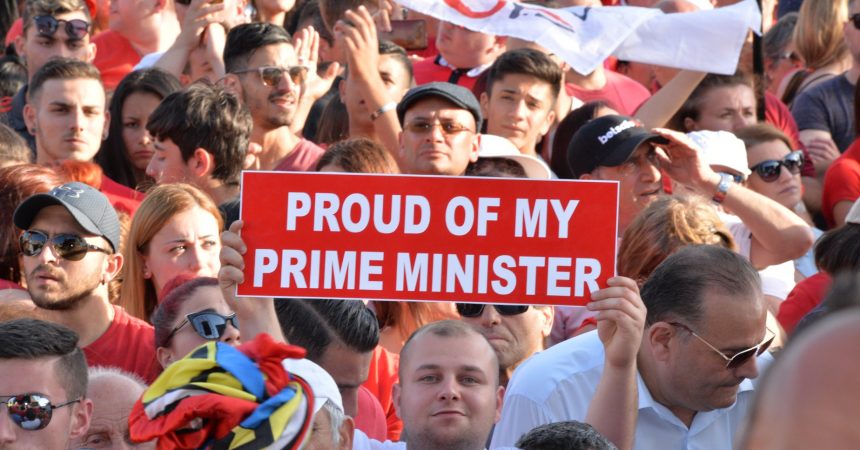The 1st of May or what is known as International Workers’ Day is a public holiday which celebrates labourers and the working classes. But not in Malta.
The date was chosen to commemorate the Haymarket affair in 1886, in which workers in Chicago went on strike to demand an 8-hour-day and to protest against the murder of workers by police.
Everywhere, trade unions and left-wing parties organise marches and concerts to celebrate the proletariat’s achievements over the years and mark the daily struggles of workers caused by growing income inequalities and the control of global wealth by a very small minority.
Instead, in Malta, we celebrate the achievements of political leaders and play the fear card against ‘foreign workers.’
Malta’s two major parties once championed workers’ rights but they now are unequivocally on the side of the few who control wealth. They both champion an economic system built on the exploitation of workers and a tax regime designed to attract tax evaders. This inevitably fosters corruption, social inequalities and unrest which are mitigated by a system of patronage and a brittle safety net designed to conserve the status quo.
As always, watching the Labour Party’s 1 May mass rally in Valletta was painful. Bella Ciao and Billy Bragg’s Power in a Union are replaced by chants of ‘Viva il-Labour’ and more worryingly ‘Joseph,Joseph!’ Instead of celebrating workers’ rights and advancing their cause, we witnessed the brazen idolatry of Prime Minister Joseph Muscat.
The rally kicked off with a trailer of a movie on Muscat. Lacking the guile of a Leni Riefenstahl or Sergei Eisenstein propaganda movie, the clip eulogised Muscat with a vulgarity and devotion rarely seen on these islands. It’s no longer about the movement or the party, it’s all about the leader.
Then Muscat took to the stage and flexed his IIP muscles. He gleefully announced that part of the proceeds from the golden visa programme – a godsend for tax evaders and money launderers – will be used to build social housing. Yet, he totally ignored the elephant in the room and once again stood by his right-hand men Keith Schembri and Konrad Mizzi despite damning hard facts, which at the very least point towards impropriety.
His absurd boasts of Malta being “the best in Europe” and “the envy of the world” are asinine when taken in the context of the shady privatisation of public hospitals, the scandalous transfer of public land to a bogus university, the systematic destruction of the environment in the name of economic growth, the near total collapse of the country’s independent institutions, the murder of Daphne Caruana Galizia and the shambolic investigations and the complete metamorphosis into a tax haven and money laundering hub.
At least Muscat got it right on the opposition. No stranger to populism and xenophobia himself, Muscat accused the Nationalist Party of exploiting concerns on the influx of foreign workers and playing the fear card.
Talking at a business breakfast organised by the PN to mark Workers’ Day, opposition leader Adrian Delia said, “Let’s be careful of creating a country where foreigners come here to work but our children choose to leave because it will become a Malta they do not recognise any longer.”
Indeed Malta is changing and becoming unrecognisable, but blaming foreign workers is xenophobic and dangerous. Any sudden influx of foreign workers creates infrastructural and social tensions which need to be addressed but blaming the workers is like blaming passengers for an overbooked flight.
Warning of “socio-cultural ruin” if the influx of foreign workers is not carefully managed, Delia carefully disguised right-wing rhetoric straight out of Marie Le Pen and Matteo Salvini’s playbook in moderate language.
Malta is a nation of migrants. We are descendants of North African, European and Middle Eastern migrants who made Malta their home. In turn, tens of thousands of Maltese people have migrated to Australia, Canada, the UK, Belgium, Luxembourg, the US and many other countries.
What is endangering the Maltese identity is the destruction of the natural environment, the construction frenzy, the flogging of public assets and short-sighted political leaders who sacrifice decency and good governance at the altar of profit.
If these are today’s and tomorrow’s leaders, the situation is really desperate.













